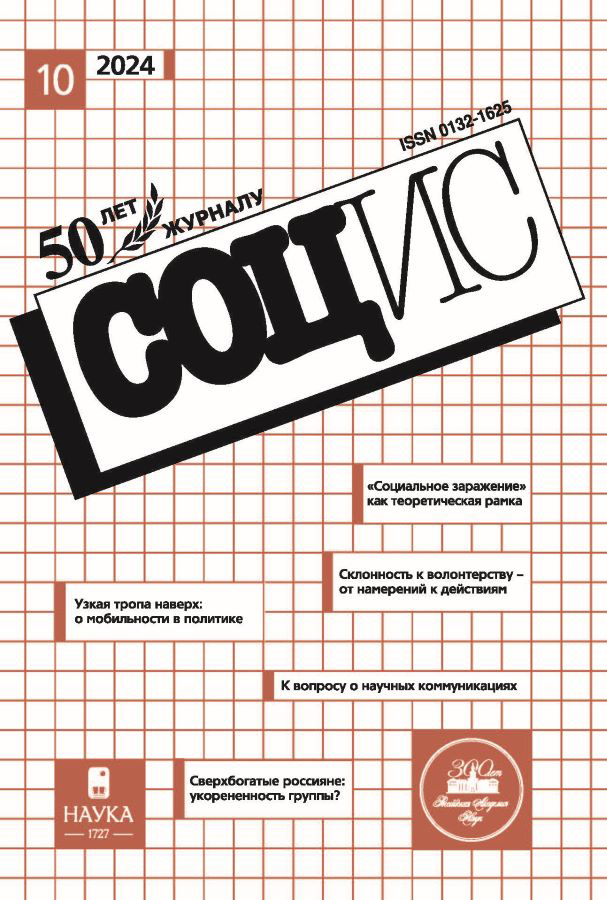Virtual Technologies in Everyday Life of Young People: Fan Fiction Analysis
- Authors: Maltseva A.P.1, Gubina V.V.1
-
Affiliations:
- Ulyanovsk State University of Education
- Issue: No 10 (2024)
- Pages: 158-163
- Section: FACTS. COMMENTS. NOTES
- URL: https://clinpractice.ru/0132-1625/article/view/662009
- DOI: https://doi.org/10.31857/S0132162524100147
- ID: 662009
Cite item
Abstract
In order to assess image of VR technologies formed among young people, and the main ideas of young people associated with the use of VR helmets/glasses in everyday life, texts (fan fiction) about VR technologies on the most popular fan fiction site, as well as comments under publications and videos about VR helmet/glasses posted on the Internet were examined. Three types of attitudes towards VR technologies have been identified: a most common conditional critical acceptance, the somewhat less common unconditional be uncritical acceptance, the even less common unconditional by uncritical denial and the rare conditional critical denial. The majority of commentators have a positive attitude towards virtual technologies and the use of VR helmets/glasses, while there are more motivated positions than reasoned ones. It has been established that VR helmet/glasses are a long-awaited technology among young people, and expectations are associated with three desires: to increase involvement while playing computer games; to maximize pleasure when viewing (mostly pornography); to test onerself in risky situations.
Full Text
About the authors
Angela P. Maltseva
Ulyanovsk State University of Education
Author for correspondence.
Email: angelamaltseva99@yandex.ru
Dr. Sci. (Philos.), Prof. of the Department of Philosophy and Cultural Studies
Russian Federation, UlyanovskValeria V. Gubina
Ulyanovsk State University of Education
Email: red.ulgpu@yandex.ru
Master’s Student, Faculty of History and Philology
Russian Federation, UlyanovskReferences
- Demina M. N. (2010) Changes in the cognitive practices of individuals under the influence of new information technologies. Sociologicheskie issledovaniya [Sociological research]. No. 5: 34–39. (In Russ.)
- Nadekhina Yu.P., Kolchin A. A., Kryukova E. V. (2022) The Place and Role of Leisure in the Moscow Students’ Everyday Life in the Context of the Information Society Development. Cifrovaya sociologiya [Digital Sociology]. No. 5(2): 78–86. doi: 10.26425/2658-347X-2022-5-2-78-86. (In Russ.)
- Petruneva R. M., Vasilyeva V. D., Petruneva Yu.V. (2020) «Modern student: digital existence». Pedagogika i psychologiya obrazovaniya [Pedagogy and educational psychology]. No. 2: 150–160. doi: 10.31862/2500-297X-2020-2-150-160. (In Russ.)
- Samutina N. V. (2013) The Great Female Readers: Fan Fiction as a Literary Experience. Sociologicheskoe Obozrenie [Russian Sociological Review]. No. 3. Vol. 12: 137–194. (In Russ.)
- Silaeva V. L. (2010) On the use of the concept “virtual”. Sociologicheskie issledovaniya [Sociological research]. No. 8: 19–25. (In Russ.)
Supplementary files










